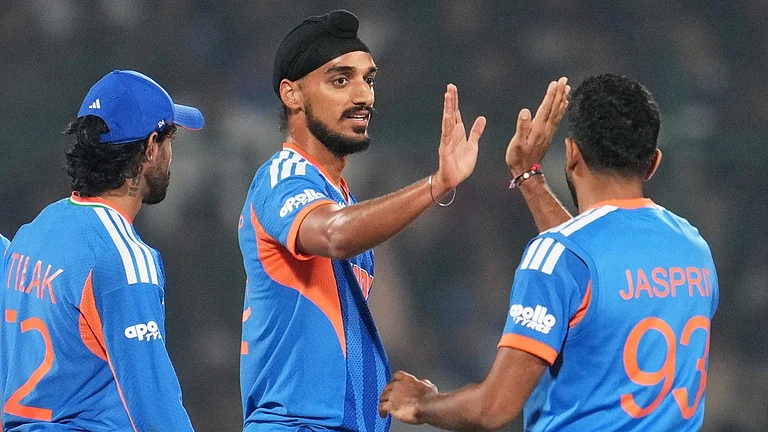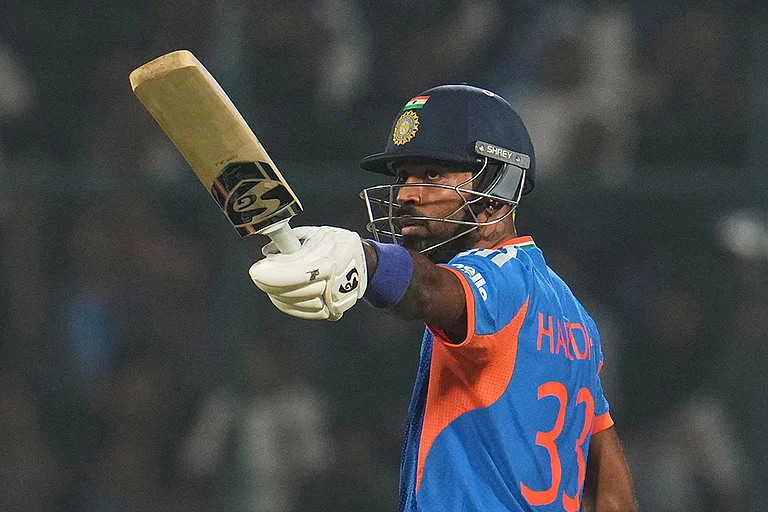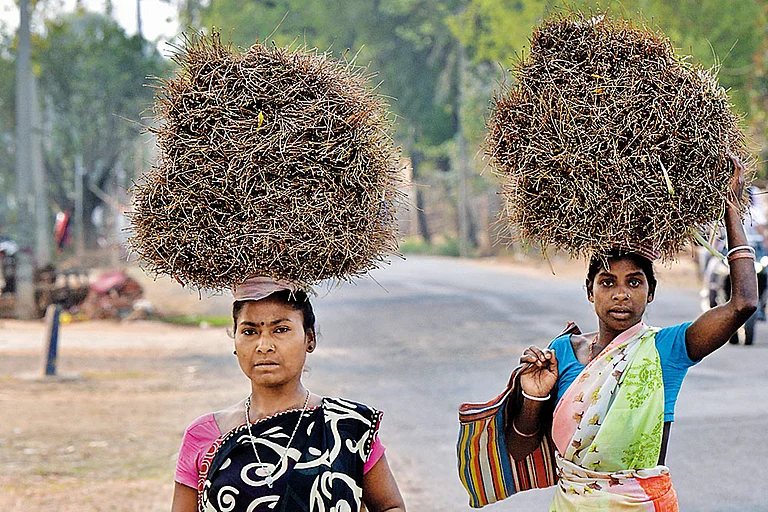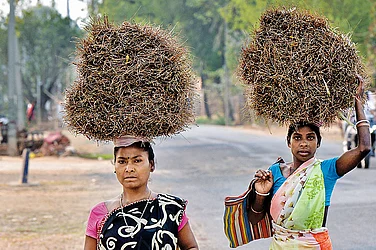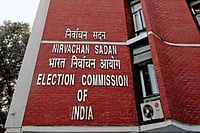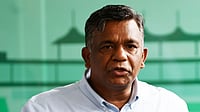Lieutenant Governor Anil Baijal on Friday ordered a five-day mandatory institutional-quarantine for every COVID-19 patient under home-isolation in Delhi, a move the AAP government termed “arbitrary” that will “seriously harm” the national capital.
For the first time, Delhi recorded over 3,000 fresh coronavirus cases on Friday in its highest single-day spike so far, pushing the tally to 53,116 cases. With 66 fatalities in 24 hours, the death toll reached 2,035.
A high-powered panel set up by Union Home Minister Amit Shah has recommended fixing the cost of a COVID-19 isolation bed in private hospitals in the city in the range of Rs 8,000 to Rs 10,000 and an ICU bed with ventilator at Rs 15,000-Rs 18,000 per day, the Ministry said.
In his order, the LG said after the five-day institutional-quarantine, asymptomatic COVID-19 patients will be sent for home-isolation.
“Five-day institutional quarantine of each case under home-quarantine is to be made mandatory and, thereafter, (they) will be sent for home-isolation, except in cases where symptoms require further hospitalisation,” Baijal said in his order.
The move is likely to put further stress on the already stretched health infrastructure.
The order implies that every coronavirus patient has to necessarily spend five days in institutional quarantine, a government-run facility dedicated for coronavirus patients.
In response, the Delhi government said the LG's decision on home quarantine is "arbitrary" and will "seriously harm" Delhi. It further said there is already a severe shortage of doctors and nurses to treat serious patients and in such a scenario, from where would medical manpower come for taking care of these quarantine centres.
As on Friday, Delhi had 53,116 coronavirus cases of which 27,512 active cases. Delhi on Friday reported 3,137 fresh cases. The number of those in home isolation stood at 10,490. Of the 10,961 beds, only 5,078 were vacant.
On the Delhi health minister, sources indicated that the 55-year-old minister is likely to undergo plasma therapy though there was no official confirmation on it.
Jain, who was earlier admitted to the Delhi government's Rajiv Gandhi Super Speciality Hospital (RGSSH), a dedicated COVID-19 facility under the city government in east Delhi, was diagnosed with pneumonia and his oxygen saturation level dipped.
"He was brought to Max hospital, Saket in the evening and admitted in ICU," an official said.
Jain had tested positive for COVID-19 on Wednesday, a day after he was admitted to RGSSH, after running high-grade fever.
The Home Ministry panel was constituted on Sunday to ensure the availability of 60 per cent beds at private hospitals at lower rates and fix the rate of coronavirus testing and treatment.
"The committee has recommended Rs 8,000-10,000, 13,000-15,000 & 15,000-18,000 including PPE costs for isolation bed, ICUs without & with ventilator respectively to all hospitals as compared to the current charges of Rs 24,000-25,000, Rs 34,000-43,000 & Rs 44,000-54,000 (excluding PPE cost)," a Home Ministry spokesperson said in a tweet.
However, hospitals said the cost of treating the patients was much higher than what has been prescribed by the panel.
Requesting anonymity, the head of a private hospital said the recommendations on capping the cost were “not practical” as the costs have increased exponentially in terms of infrastructure and salaries. This has been aggravated by shortage of staff.
As per the directions given by the home minister, in a series of meetings chaired by him over last few days with regard to the COVID-19 situation in Delhi, house-to-house health survey in 242 containment zones of Delhi was completed on Thursday and a total of 2.3 lakh people were surveyed.
Shah had also directed for testing capacity to be increased, quick delivery of results in Delhi and testing through the rapid antigen testing method that was started on Thursday.
On Friday, 12,680 people were tested for coronavirus with rapid antigen methodology of which 951 tested positive, Deputy Chief Minister Manish Sisodia said.
In a related development, Sisodia who took over the charge of the Health Department in Jain's absence and called an urgent meeting with the administrators and medical directors of top COVID dedicated hospitals.
He said most existing beds in hospitals currently have oxygen supply and in the next ten days all other beds will have oxygen supply attached to them.
“All medical chiefs of all the hospitals have been directed to increase their bed capacity and all other requirements because coronavirus cases are rising in the city. In this realization, the Delhi government has directed to increase the ICU bed capacity in all the big dedicated COVID-19 hospitals,” Sisodia said.







